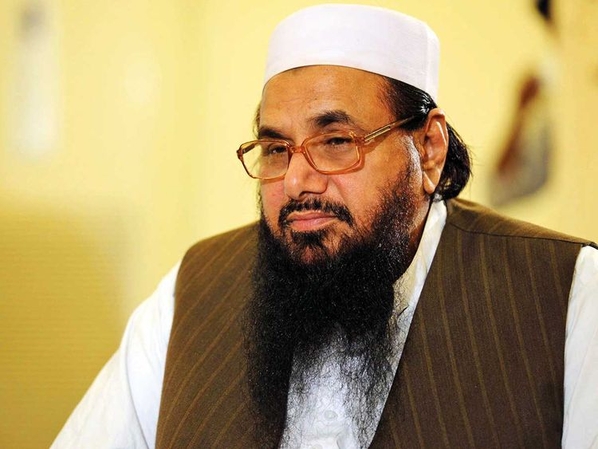In a renewed effort, the Indian Ministry of External Affairs (MEA) has formally requested the extradition of Hafiz Saeed, a notorious terrorist and mastermind behind the 2008 Mumbai attacks, from Pakistan. The attack, commonly referred to as 26/11 in India, claimed the lives of 166 people.
Extradition Request
According to a report from a Pakistani media agency on December 28, 2023, the Indian government has once again approached Pakistan with an official extradition request for Saeed. Pakistani media sources, citing their foreign ministry, confirmed the receipt of the formal request, highlighting its adherence to legal procedures.
When questioned during a weekly media briefing on December 28, 2023, Pakistani Foreign Office spokesperson Mumtaz Zahra Baloch dismissed the inquiry, stating, “The question is based on speculative reporting. We would not like to comment on such reports.”
Most Wanted Terrorist Hafiz Saeed
Hafiz Saeed, identified as the chief mastermind of the 26/11 terrorist attacks, is also the founder of the notorious terrorist organisation Lashkar-e-Toiba (LeT). Designated as a prominent terror outfit by the United States of America (USA) and the United Nations (UN), Saeed carries a reward of USD one crore for his arrest.
While in prison since 2019 for funding terrorist activities, Saeed’s purported arrest has been questioned in various media reports, with allegations of it being a facade. Despite receiving prison terms for terror financing convictions, international bodies like the Financial Action Task Force (FATF) and Western powers exert pressure on Pakistan for his continued detention.
In 2012, the US offered a bounty of 10 million USD for Saeed, emphasising the global concern over his activities. Despite being banned by the US and UN, Saeed’s organisations, LeT and Jamaat-ud-Dawa, continue to operate. His influence extends to politics, with his party, Pakistan Markazi Muslim League (PMML), contesting the upcoming February 2024 elections in Pakistan.
Political Landscape
Reports suggest that Saeed, leveraging his experience with terror outfits, uses his political platform to attract voters. His son, Talha Saeed, is also participating in the upcoming elections. Amid allegations that Saeed enjoys favorable treatment in prison, concerns are raised about the potential ramifications if his political party assumes power, with promises of allowing the Islamic State entry into Pakistan. The situation underscores the persistent challenges in curbing the influence of terror-linked entities in the political landscape.



















Comments